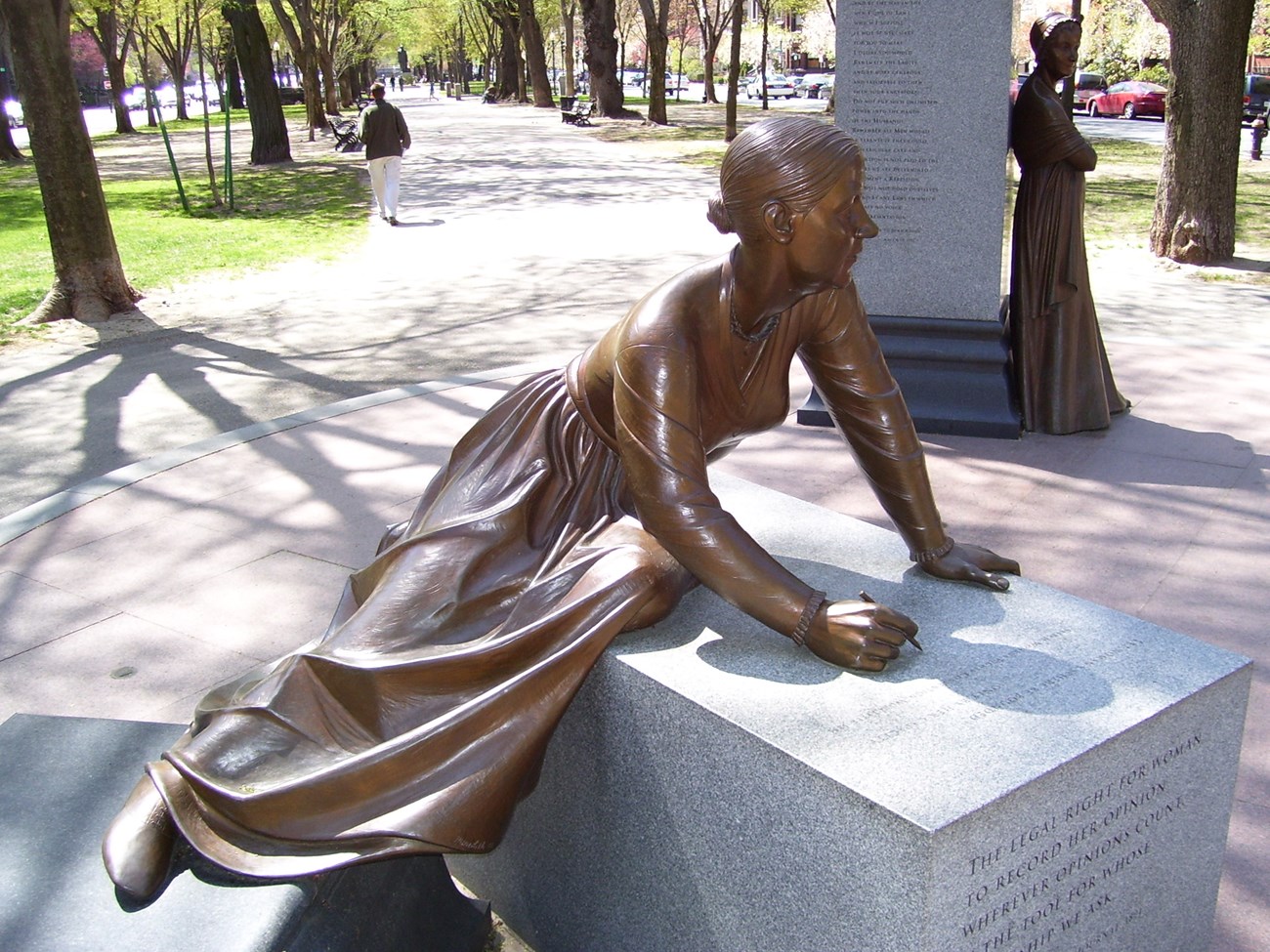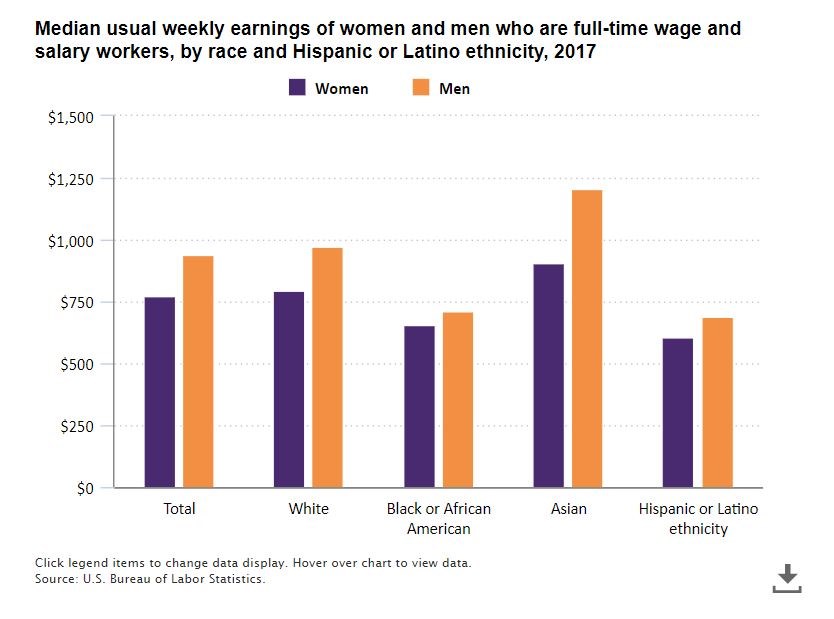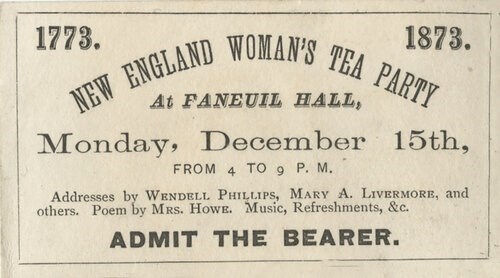Part of a series of articles titled Curiosity Kit: Lucy Stone .
Next: Places of Lucy Stone
Article

Lucy Stone fought for women’s rights almost a century before the 19th Amendment passed. She was born in 1818 in West Brookfield, Massachusetts. She graduated from Oberlin College in 1847, the first Massachusetts woman to earn a bachelor’s degree. After graduation, she became a speaker for the Massachusetts Anti-Slavery Society. She was a successful speaker and believed in her cause. Working on the cause of abolition (ending slavery), Stone began to speak on women’s rights as well. She organized the Worcester First National Women’s Rights Convention in 1850 and published the Woman’s Journal. She lived her values, refusing to pay taxes because she could not vote. She also altered her marriage vows to Henry Brown Blackwell in 1855 to affirm gender equality. She saw the two causes as related.
Stone split with other suffragists over the 15th Amendment, which granted voting rights to African American men. While she shared their disappointment at women’s exclusion, she rejected the racist part of their argument. She saw any progress towards equality as valuable. She continued to fight for women’s rights. She founded a new organization, the American Women's Suffrage Association in 1869. Stone was someone who lived her values and worked her whole life for women’s suffrage. She died in 1893 of stomach cancer, proclaiming “Make the world better."
You can learn more about Lucy Stone by exploring this article about Stone and the Places of Lucy Stone.
Research personal and national history through a variety of sources, including interviews.
Initiate conversations that help you learn more about your family and your community.
Draw connections between historical and current activism. Use the connections to propose solutions to the current issues.
What are the ways, big and small, that you take a stand for what you believe in? How do the things you do in your everyday life reflect your values?
Lucy Stone was one of the first white American women to keep her maiden name when she got married. For her, it was a proclamation of independence, like her non-traditional wedding vows. Stone’s decision got pushback from society. For example, she was denied the right to vote in a local election unless she had her husband’s last name.
Today, it is more common for people to keep their last names when they get married. Or to change to reflect the new family they are creating. Some families combine or hyphenate their names. As the country becomes more diverse, new cultures introduce new naming traditions.
Interview someone in your family. How did you get your last name? Did it used to be something else? Was there ever a discussion about what it would be or change to? Did anyone think about keeping or changing last names as part of honoring or challenging gender roles?
Think about how you feel about your last name. What does it mean to you? Would you change it under any circumstances? What would those be? For a challenge, think about how the meaning society places on last names influences you.
At Oberlin, Lucy Stone discovered female student teachers were paid half of what men received for the same job. She petitioned the Faculty Board and threatened a strike. While she succeeded in pressuring the Board to raise women’s pay, the issue is still a big one today. The wage gap, the amount women are paid compared to men for the same work, ranges from 55% to 83% depending on the job and race surveyed.

Graph available at https://www.bls.gov/opub/ted/2018/asian-women-and-men-earned-more-than-their-white-black-and-hispanic-counterparts-in-2017.htm (visited July 08, 2021).
Why is this still happening? In the United States, it’s illegal to pay someone less because of their gender, race or other demographic characteristic. But women still earn less than men. Think about reasons the gap might happen even with the law and make a list. Talk to a trusted adult about their job. Did they know how much the job would pay when they applied? Were they able to negotiate their salary? Do they know how much their coworkers make? Be respectful- talking about money is a very sensitive issue for many people and they may not want to answer. You don’t need to ask exactly how much money they make to have a helpful conversation about the factors that contribute to that amount. Use the conversation to add to your list of reasons
Thinking about your list of causes for the wage gap, suggest one possible solution. It doesn’t have to solve the whole problem. What is one step an individual, company or government can take to make things more equal? Every small step matters.

In 1873, Stone organized a meeting of women’s suffragists in Boston. She called the meeting the New England Women’s Tea Party. It was a direct reference to the Boston Tea Party in 1773, where angry American colonists refused to pay a tax on tea, dumping the tea in the Boston Harbor. Similarly, Stone argued, women shouldn’t have to pay taxes to a government that did not represent them. She wanted to connect the two historic struggles.
What issues do you care about? Are you thinking about voting rights, like Lucy Stone? Do you want to address climate change, racial discrimination, or students’ rights? Activists have been working on many of these issues for decades in many forms. Is there a historic parallel to your issue? Think about the March on Washington for Jobs and Equality or the Poor People’s Campaign in the Civil Rights Era, the Capitol Crawl for Disability Rights or the Grape Boycott for better conditions for farm workers. Do a little research and then talk to a friend about what was successful about these actions. What made them memorable many years later? How is there an echo to the issue today?
How would you plan an advocacy event that draws on the past? It could be a protest, a boycott, or a meeting like Lucy Stone. How would you show you are part of a larger historical moment- in the language used or the action taken? How would you want to distinguish your call to action?
Part of a series of articles titled Curiosity Kit: Lucy Stone .
Next: Places of Lucy Stone
Last updated: July 23, 2021